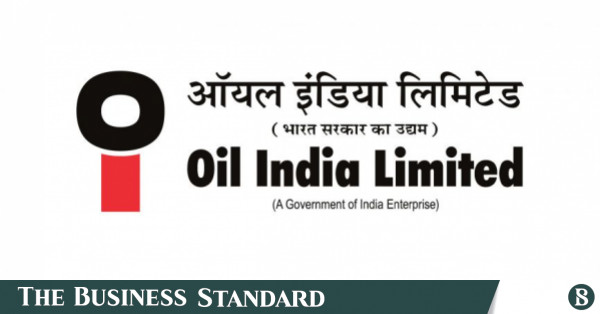Diesel exports to Bangladesh remain uninterrupted: Oil India Chairman


Numaligarh Refinery Ltd., an Assam-based subsidiary of Oil India, exports 6,000 to 7,000 metric tonnes of diesel per month to Bangladesh through a 131-kilometre pipeline that currently ends beyond Parbatipur in Bangladesh
Oil India ltd. Image: Collected
“>
Oil India ltd. Image: Collected
Diesel exports from India will continue without interruption, the Oil India chairman and managing director Ranjit Rath said, says NDTV.
They are also continuing equipment delivery for its refinery project in Bangladesh.
“The India-Bangladesh Friendship Pipeline is functioning and there’s absolutely no disruptions in transporting diesel,” Rath said, while addressing media post the company’s 65th annual general meeting. He added that a letter of credit is in place for supplies of diesel to Bangladesh despite a political crisis in the state.
Numaligarh Refinery Ltd., an Assam-based subsidiary of Oil India, exports 6,000 to 7,000 metric tonnes of diesel per month to Bangladesh through a 131-kilometre pipeline that currently ends beyond Parbatipur in Bangladesh. This pipeline, inaugurated in March last year, has an annual capacity of transporting one million tonnes of diesel.
NRL is increasing its capacity from 3 million tonnes per annum to 9 million tonnes. The construction is expected to be finished by December 2025, Rath said. “Another six months will be needed for stabilisation, so we aim to operate the refinery at full capacity by March 2027.”
The state-run explorer has accumulated dividends of $250 million from its two Russian oil and gas projects since the sanctions imposed due to the Ukraine conflict. Currently, these funds are held at the State Bank of India in Moscow and are yet to be repatriated, according to Rath.
Oil India has a stake in two upstream projects in Russia-Vankorneft and Tass-Yuryakh. “As for Vankorneft, we have received about 86% dividend and in case of Tass, it has crossed 100%. Discussions with Russian authorities regarding the repatriation of these funds are ongoing,” he said.
Other Indian companies such as Indian Oil Corporation Ltd. and Bharat Petroleum Corporation Ltd. also hold stakes in the two projects. About $900 million in total dividends is yet to be received by the companies.
Oil India drilled a record 61 wells last fiscal year, including 17 exploratory and 44 development wells. This year, it has set an ambitious target of drilling over 75 wells across all its assets.
Rath said the company is creating an alternative energy portfolio. NRL is in the process of setting up the country’s first biofuel refinery, with an annual capacity of 50,000 tonnes, which will use bamboo as its feedstock to produce ethanol. The biorefinery is expected to commence production by the end of this month.
By 2030, Oil India plans to invest Rs 25,000 crore in various projects, including clean energy.




